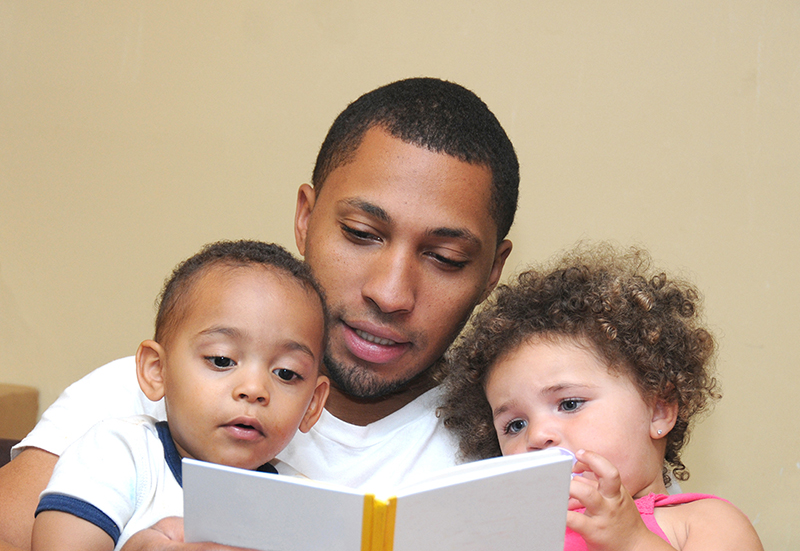
Starting a new school year brings up a range of emotions—from excitement to anxiety and everything in between. While some children return to the same building, teacher and classmates, others will start in a brand-new environment with different staff, peers and expectations. Still others will experience school for the first time. For many children and their families, anticipating this transition can be stressful. Some schools offer meet and greet sessions with tours of schools before the year starts allowing parents and students to connect with staff and see their new buildings. In other words, students and parents may learn more about the school before the year starts, but school staff don’t always get the opportunity to learn about more about students themselves.
Help your child’s teachers learn about them with an “About Me” book
Creating an “About Me” book can be a simple way to share important information about a child with the new staff on their team. Many children will start school with an Individualized Education Plan (IEP), which includes information about a child’s academic skills, motor skills and communication skills. However, sometimes IEPs are not up to date, and some children start the year without an IEP. Because the “About Me” book is made by a child’s family, it will include information most important to the child and those who know him or her best, helping students get off to a stronger start.
How to organize an “About Me” book
There are many ways to organize an “About Me” Book. One option is to list skills that child can already do and skills they are still learning to do. Here’s an example for Frankie, age 3:
COMMUNICATION
I can…
- Ask for familiar things with single words
- Say “No” by shaking my head
- Follow directions with pictures or gestures
I’m still learning to…
- Ask for help
- Understand directions without pictures or gestures
What to include in an “About Me” book
For children who struggle with self-control, cues that are a sign of lack of control and strategies to return to a controlled state may also be included. This book can also be a place for staff to learn about a child’s favorite things—whether it be a musical artist, cartoon character or sport. Depending on the child’s age and interest, they can participate in making this book too!
For older children, an “About Me” book can be an exercise in building self-awareness. It provides an opportunity to see what information an older child can accurately report independently (e.g., age, grade), versus things they may not yet reliably report (e.g., medications, allergies). On another note, tweens or teens are ready to learn about self-advocacy, but they can’t put it into practice if they don’t know what to advocate for! Their “About Me” books might include the supports they need to be successful (e.g., “It helps me to have a fidget in my hands while I’m listening to lecture.”, “Sometimes I need to walk around if the class gets too noisy.”), and their strengths (e.g., “I can text and type really fast.) Taking time to write about their own needs, strengths, interests and goals can be a great conversation-starter for kids eager for more independence.
An “About Me” book can help in other settings too
The “About Me” book tool doesn’t have to be limited to school either—it could be shared with staff at daycare, coaches, and even family members who don’t know a child well. Overall, an “About Me” book can allow those new to a child to have a “cheat sheet” that enables them to better understand a child and their needs, and give older children a chance to think and learn more about themselves.
For examples and ideas for “About Me” books, visit the University of Florida Center for Autism and Related Disabilities website.

